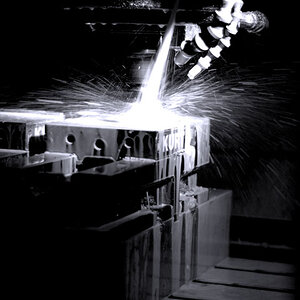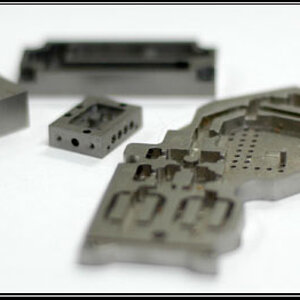ntz
No longer a newbie, moving up!
- Joined
- Oct 29, 2020
- Messages
- 716
- Reaction score
- 387
- Location
- Central Bohemian, Czech Republic
- Can others edit my Photos
- Photos OK to edit
Hello,
why is talked so much that using FX lens on DX body will bring issues, for example with sharpeness - eg that DX lenses are sharper (and made to be sharper) than FX lenses ? I am living all my life in the impression, that this topic is absolute nonsense. There are prominent speakers that repeatedly mention (for example controversial Northrup photo-family on youtube) that using FX lenses on DX bodies actually brings more disadvantages in the IQ than using DX lenses on DX bodies ..
Could somebody please share his/her thoughts over this ?
thank you and regarads, ~dan
ps. I've been asked by my other nephew, I've initially told him that it's nonsense that DX lenses are specifically build for DX bodies in the meaning of sharpness, he shown me later several videos from youtube where some people discuss that matter claiming that DX lenses perform better than FX lenses on DX bodies
why is talked so much that using FX lens on DX body will bring issues, for example with sharpeness - eg that DX lenses are sharper (and made to be sharper) than FX lenses ? I am living all my life in the impression, that this topic is absolute nonsense. There are prominent speakers that repeatedly mention (for example controversial Northrup photo-family on youtube) that using FX lenses on DX bodies actually brings more disadvantages in the IQ than using DX lenses on DX bodies ..
Could somebody please share his/her thoughts over this ?
thank you and regarads, ~dan
ps. I've been asked by my other nephew, I've initially told him that it's nonsense that DX lenses are specifically build for DX bodies in the meaning of sharpness, he shown me later several videos from youtube where some people discuss that matter claiming that DX lenses perform better than FX lenses on DX bodies


![[No title]](/data/xfmg/thumbnail/37/37625-7e132688457d56e50320a8c99a79fe38.jpg?1619738154)


![[No title]](/data/xfmg/thumbnail/32/32805-61ca9a4fb87d37c0ef4f991ac1705e1f.jpg?1619735667)




![[No title]](/data/xfmg/thumbnail/34/34079-552f58c1ec0f8485f9c24a5b1db49654.jpg?1619736268)


